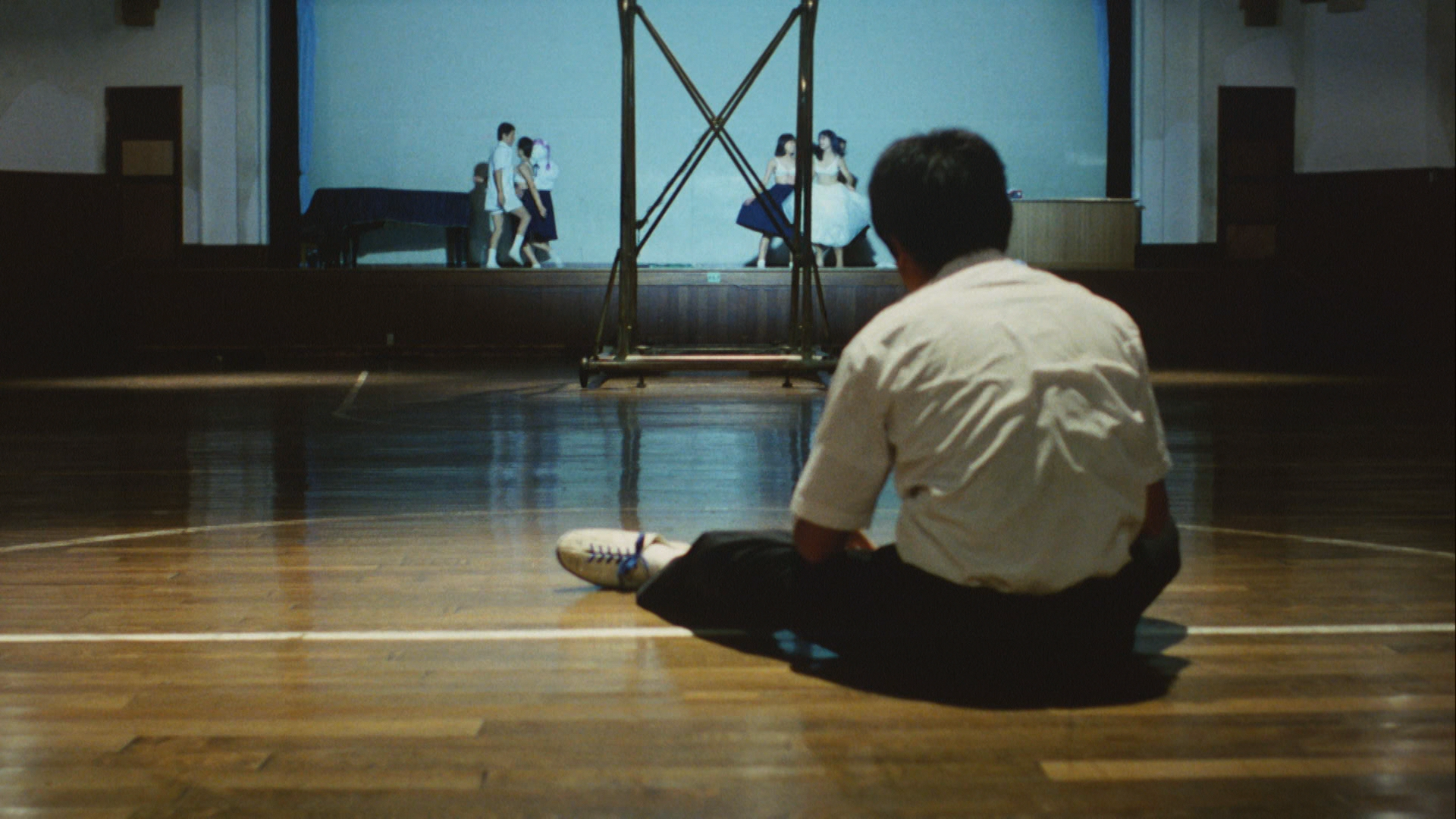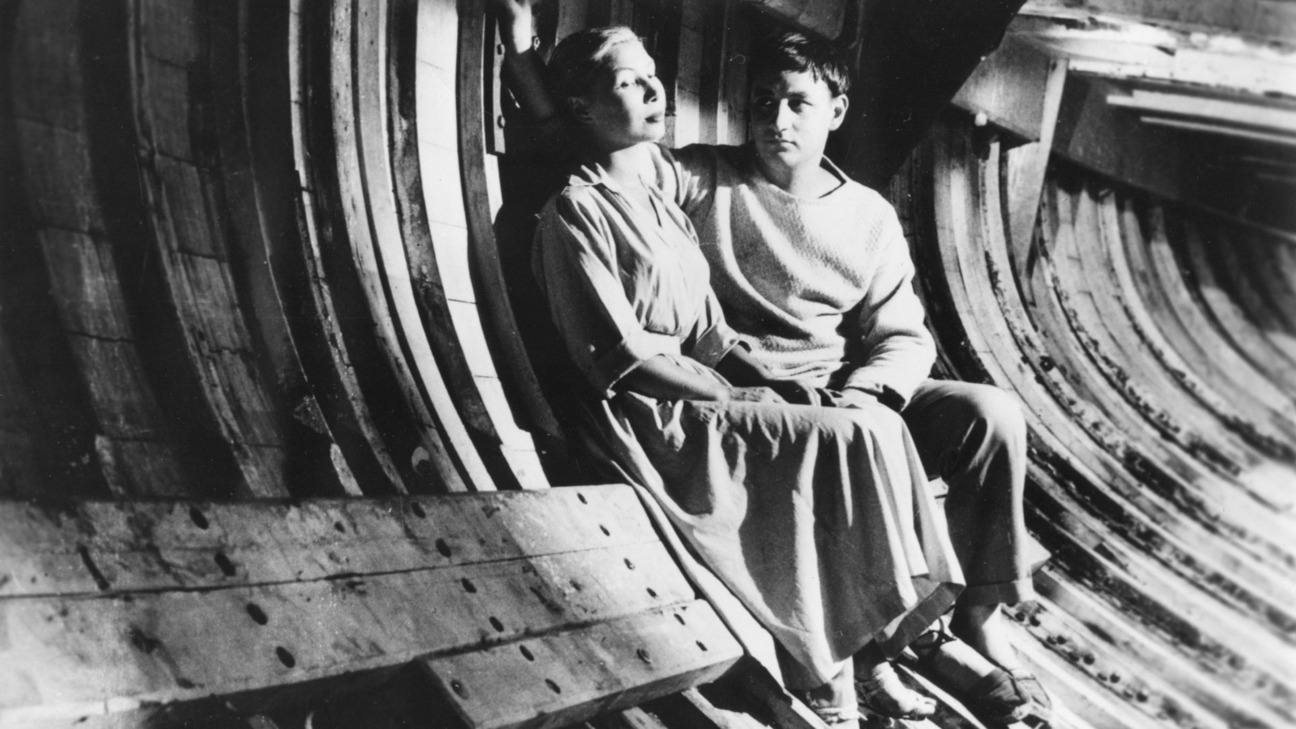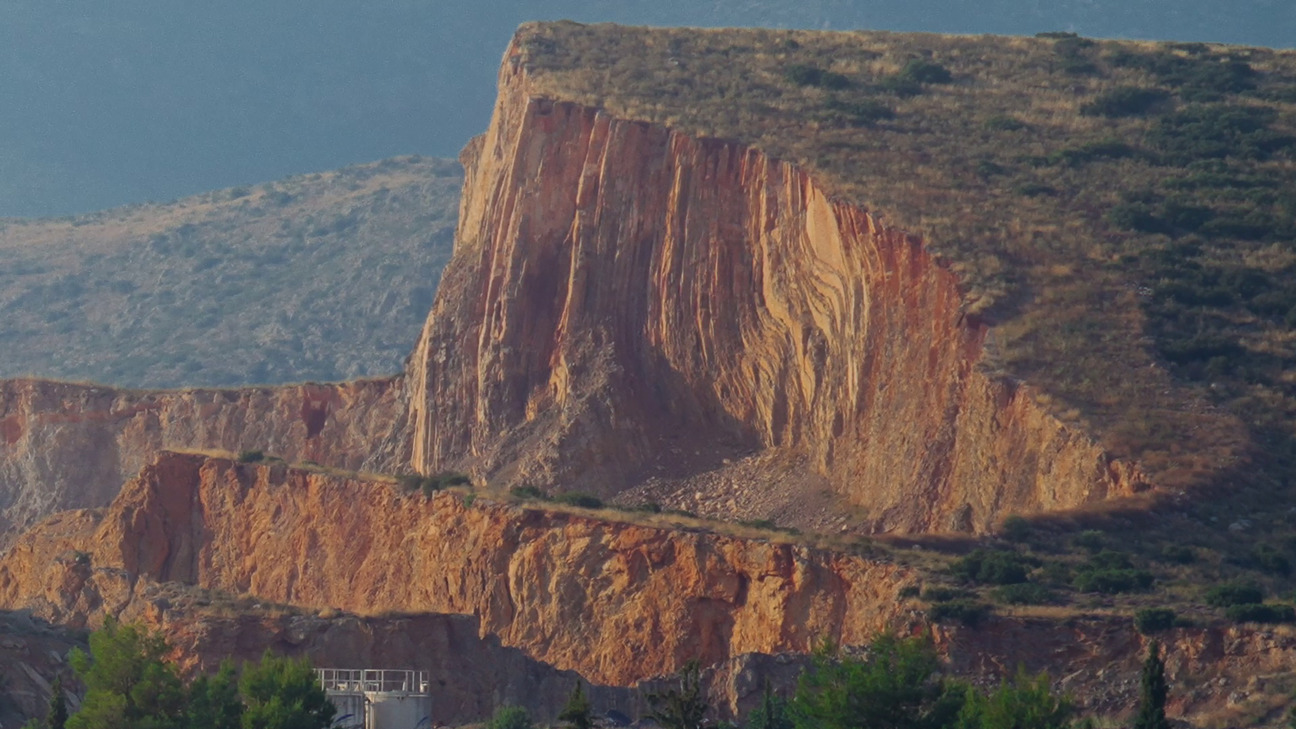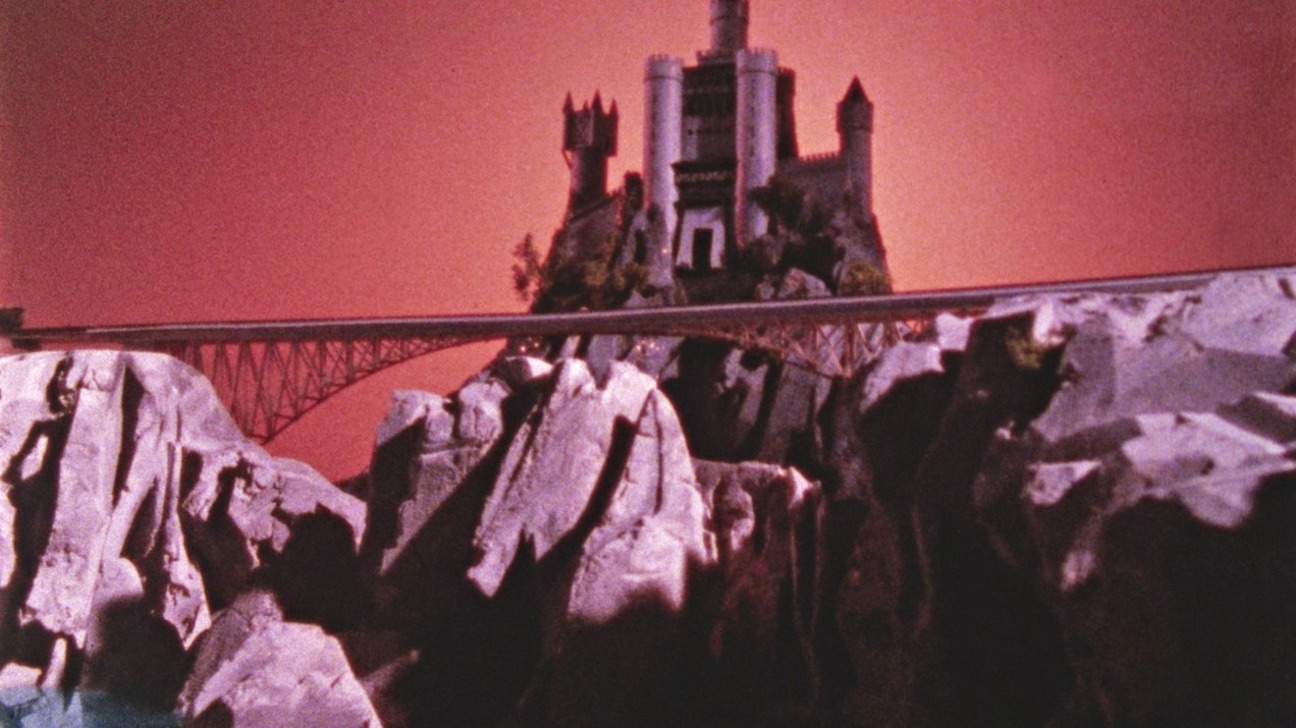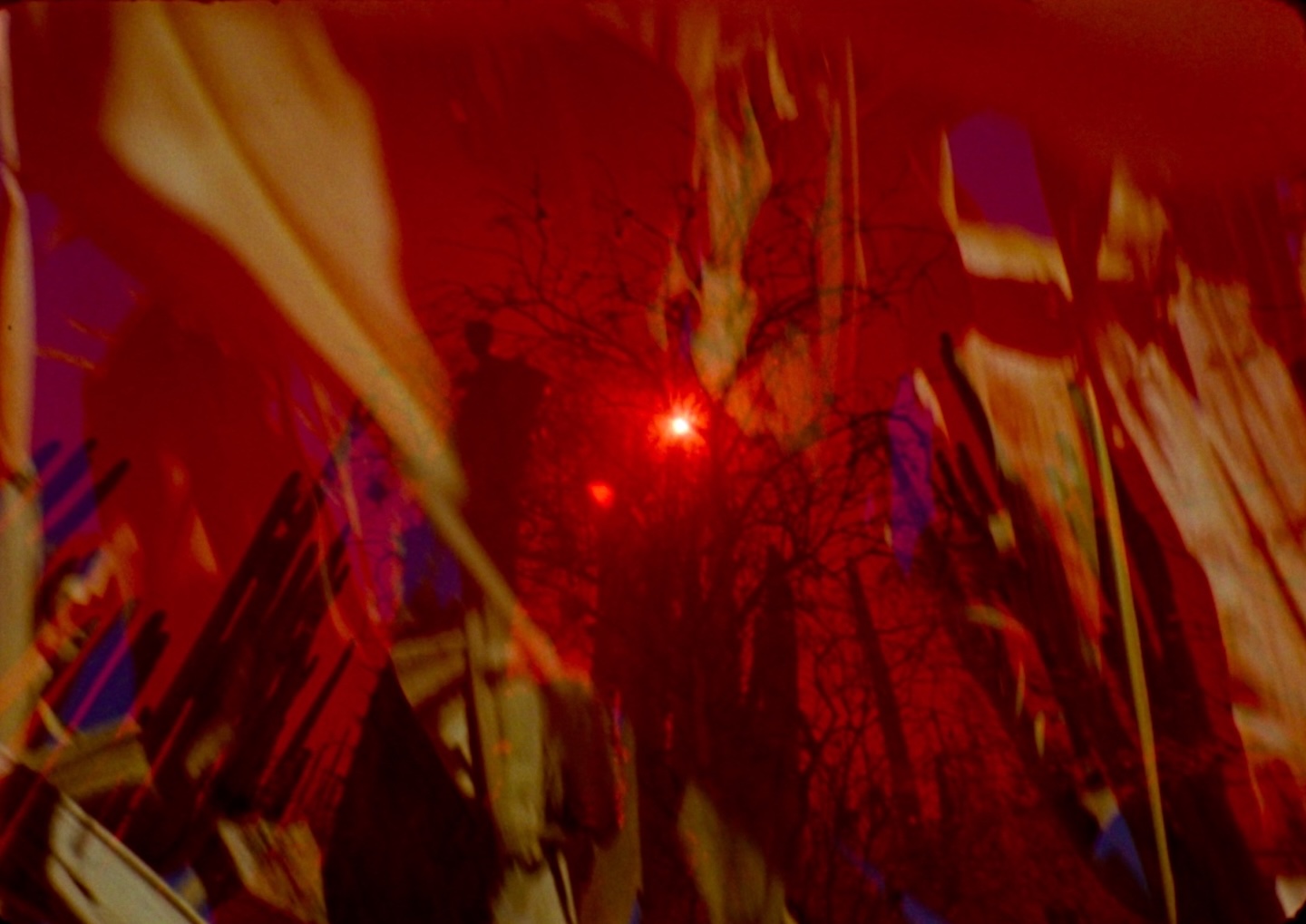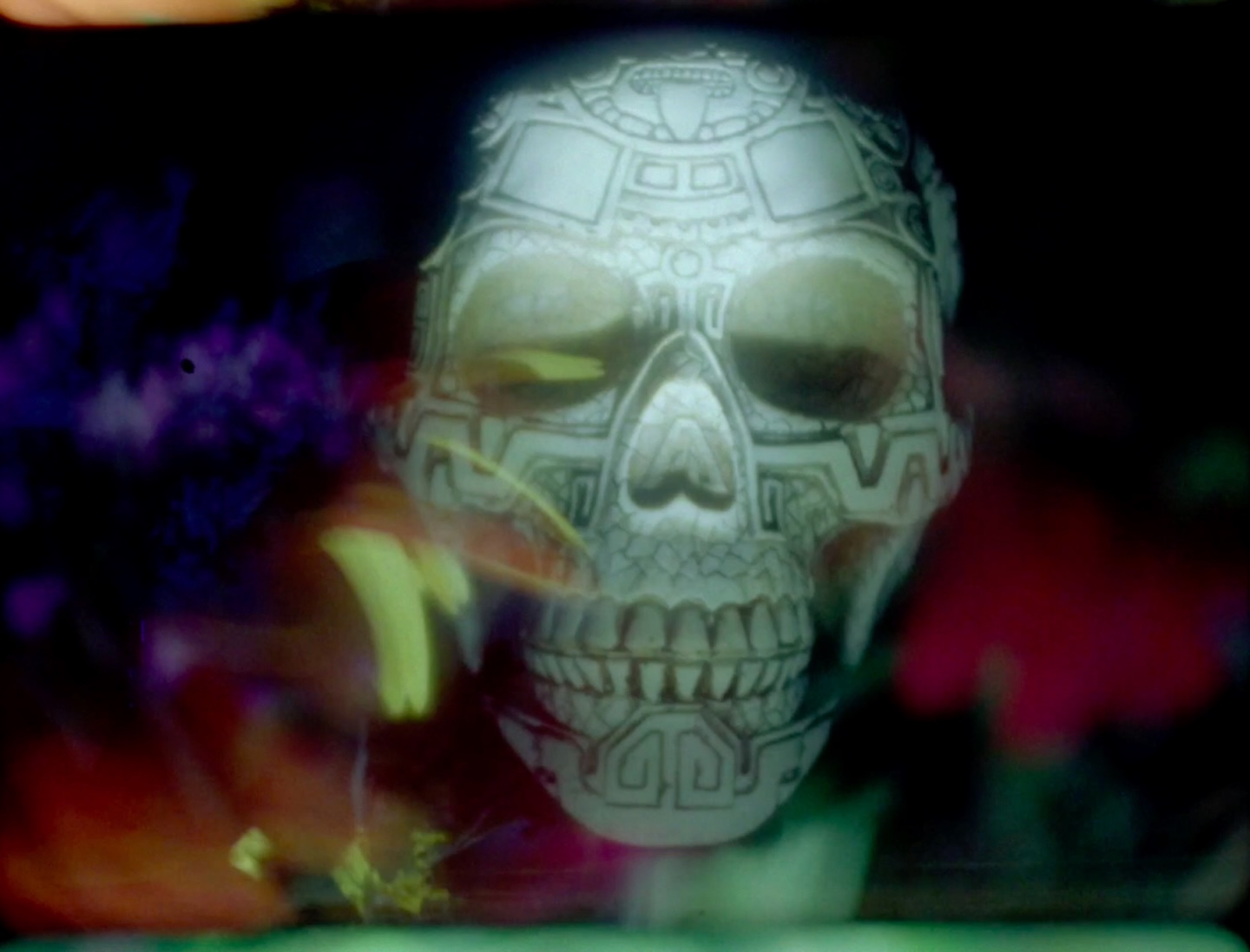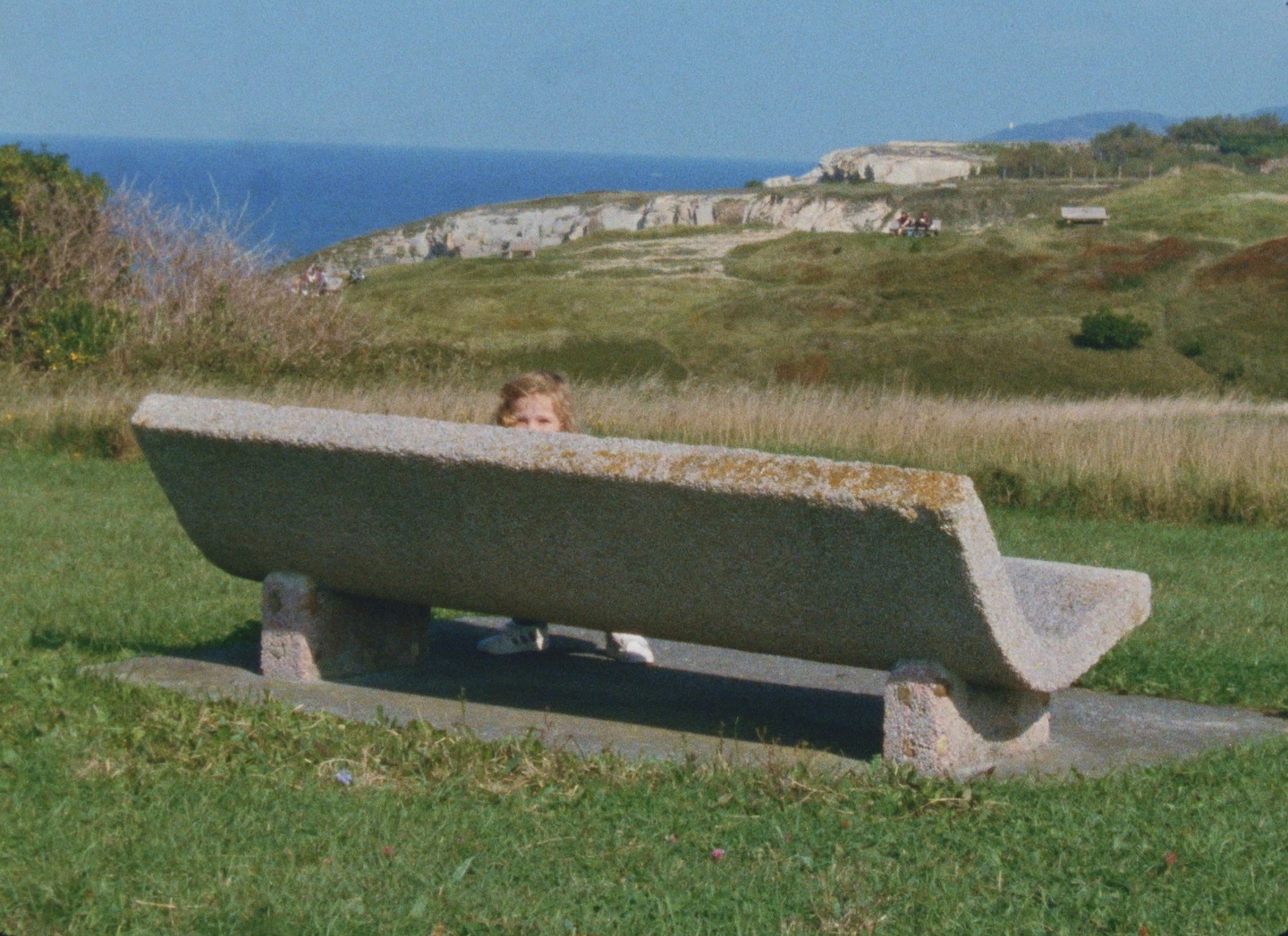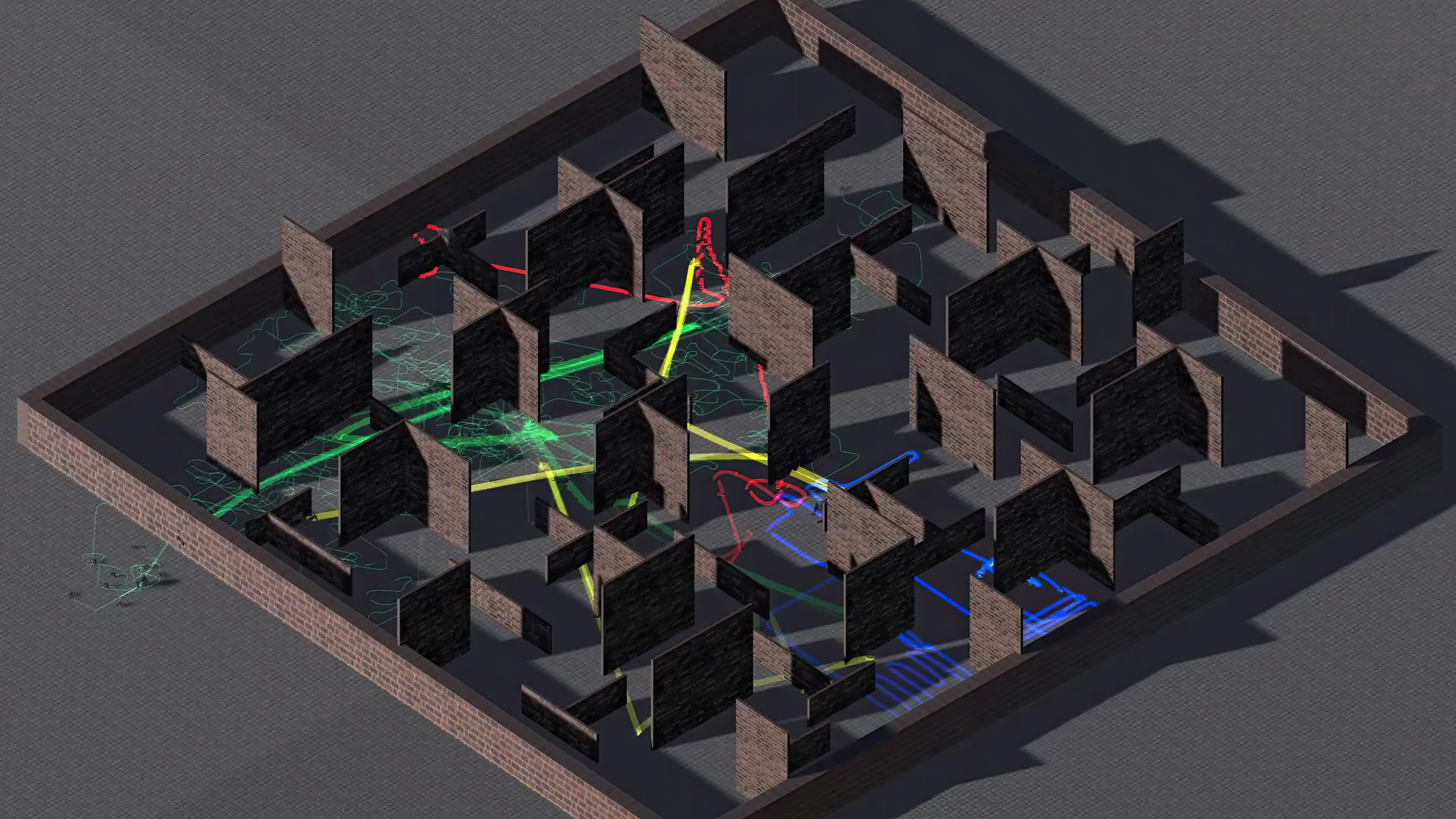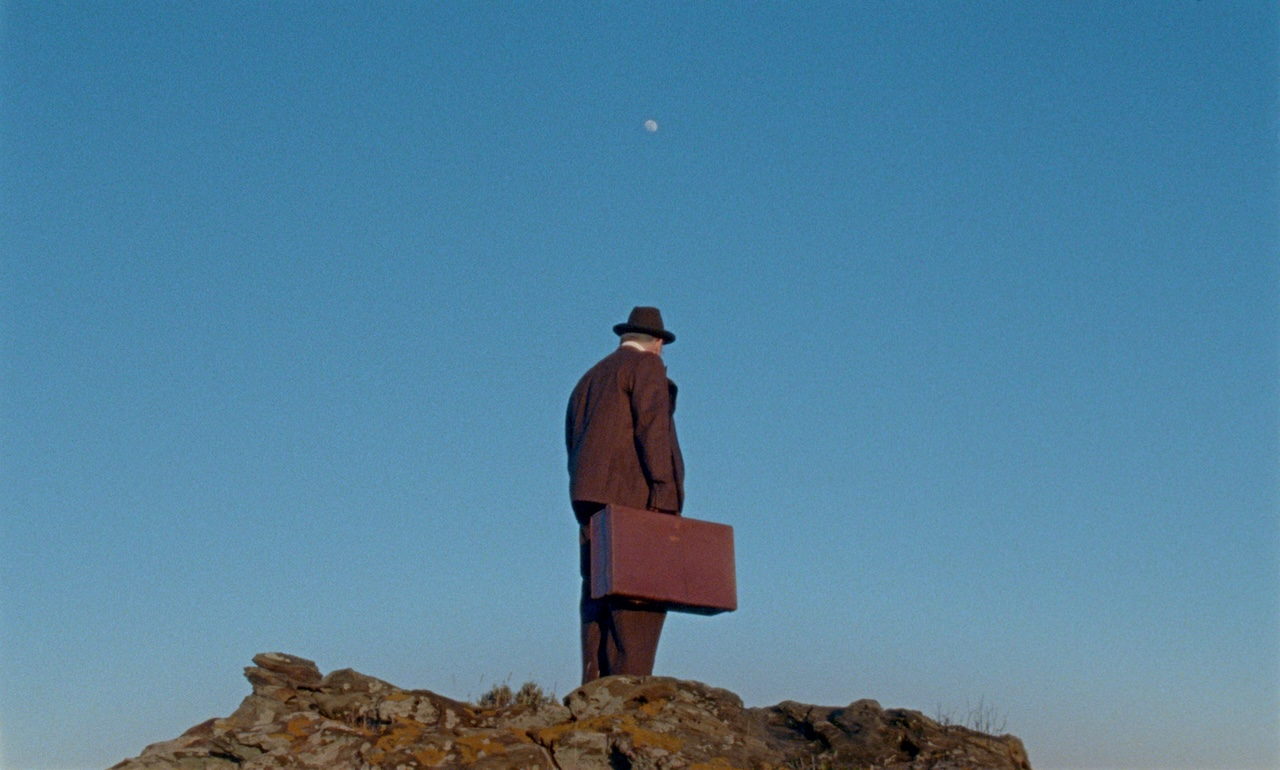A lecture by Andrew V. Uroskie
Admission is free; first come, first-served. Livestream on this page.
May 10, 2022, 7pm
Brooklyn 11205
USA
Join us on Tuesday, May 10, 7pm at e-flux Screening Room for Art, Activism, and The Authoritarian Personality: Jonas Mekas, The Brig, and Film and/as Performance, a lecture by Andrew V. Uroskie.
Art, Activism, and The Authoritarian Personality inaugurates Film Beyond Film: Art and The Moving Image, a series of monthly lectures at e-flux Screening Room by researchers whose work has formed the discourse at the intersection of modern/contemporary art and cinema, and that focus on the histories of artists’ films, situating them within broader aesthetic, political, and economic contexts.
The lecture follows the screening of Jonas Mekas, The Brig (1964) on April 21, introduced by Uroskie and orgnaized as a prologue to his lecture at e-flux Screening Room.
Art, Activism, and The Authoritarian Personality: Jonas Mekas, The Brig, and Film and/as Performance
Andrew V. Uroskie
I wanted to undermine some of the myths and mystifications of cinéma verité: What is truth in cinema? In a sense, The Brig became an essay in film criticism.
—Jonas Mekas
Since their origins in the 1960s and ‘70s, the academic disciplines of film and performance studies have tended to be carefully demarcated from that of art history. But Mekas’s early life and work was dominated by the complex intersections that arose historically between these three supposedly distinct, yet parallel domains. Despite the voluminous criticism that has been produced on Mekas, this interdisciplinary dimension of his life and work—and correlatively, this crucial dimension of the New American Cinema itself—has been underrepresented. Recognizing these complex intersections, these historical and theoretical cross-fertilizations, can help us to reconceptualize genealogies of contemporary practice outside our artificially imposed disciplinary silos.
Moving beyond a strictly cinematic context, this talk situates Mekas’s work as a critic, as a filmmaker, and as a builder of institutions, at the threshold of the cinematic—where it spills over into, and becomes inflected by, a broader and more encompassing emergence of theatricality and performativity in this vital early period of elaboration. The New American Cinema Group would take root in a downtown New York scene in which new performative models had recently proliferated: from Cage and the Cunningham Dance Company, the Happenings and Fluxus, the Judson Dance Theater, and before all, the radical Living Theatre of Judith Malina and Julien Beck. Established in 1947, the same year as Amos Vogel’s epochally transformative Cinema 16 program, the Living Theatre of the 1950s was a home not simply to theatrical productions, but to poetry readings, experimental film screenings, and political activism. It was also a home, of sorts, for Mekas, as his ideas about film and the arts grew and changed over the course of the decade.
The talk begins with Mekas’s instigation of a final, illegal performance of the Living Theatre’s The Brig (filmed by Mekas in 1964, first staged in 1963) after its theatrical run had been closed by the police. The Brig was a harrowing anti-authoritarian work whose violence was not seen, but emphatically felt by its audience. Recounting the real experience of an American military prisoner in Japan during the Korean War, the Living Theatre did not consider it a work about a faraway time or place, but an exploration of “The Authoritarian Personality” (Adorno, et al., 1950) as it was demonstrably manifest in contemporary American culture.
I connect Mekas’s filming of this work—and Storm de Hirsh’s filming of Mekas’s filming—in terms of the intentionally mediated, reduplicative models of performance the Living Theatre had developed with The Connection (1959), and the importance that Shirley Clarke’s film of that play had had on Mekas’s conception of the New American Cinema more generally. It considers the broader field of theater and performance in this period to survey its historical and theoretical importance for Mekas’s development of a new conception of aesthetic criticism and exhibition.
By situating Mekas and the New American Cinema within this more expansive context, we are better able to see performative models of filmmaking and exhibition—Warhol’s Factory, for instance, but more generally, the performance-based models of intermedia installation and expanded cinema—not as aberrations from an essentially cinematic practice, but as continuations of a rich and sustained dialogue between experimental film and performance, as both sought to radically reconfigure the institutions of artistic production, exhibition, and spectatorship through an imbrication of art and life, the work of artistic creation and political resistence, and the communities it both arises from and, in turn, influences.
For more information, contact program@e-flux.com.



